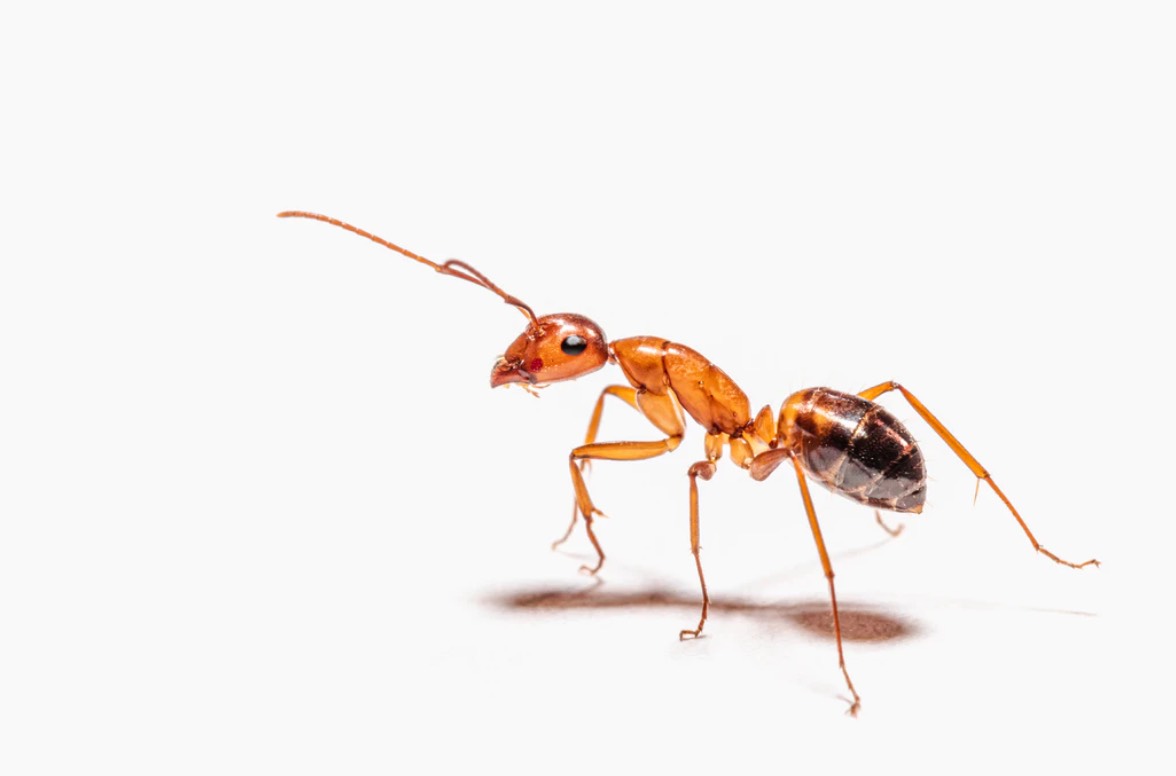It’s already proven that ultrasonic repelling devices are efficient when it comes to repelling flies, wasps, mosquitoes, and other flying insects. The practical proof, though, is not yet backed with the scientifically correct one. Otherwise, one might guess, there would be many reliable, 100% working repellents. So far, it’s all rather a matter of luck or some unexplored factors (which is, in fact, the same).
Should Ants React to Ultrasonic Signals?
All the ultrasonic repellents are advertised by the same formula. They are said to produce ultrasonic signals that humans cannot hear while insects do. These signals are so irritating that the insects prefer to keep away. It sounds quite convincing, but what do biologists say?

First: don’t expect these repellents to function like “death rays”. Chemical repellents may kill insects (as well as other animals exposed to lethal doses), but ultrasonic ones are meant to keep them away.
Second: there has never been deep scientific research on the topic that could make it clear. EPA offers no reasonable testing system for this sort of devices, obviously due to the lack of research. Researches has been conducted since 1980s, but they mostly examined devices of their era.
Third: while scientists are not sure about the effects, the manufacturers are more assured than they should be. And this sureness with lack of evidence is not what law would expect from them. That’s why the official position of the U.S. authorities is clear: these devices are not to be advertised with any result guaranteed. In 2001, the Federal Trade Commission reported that ultrasonic devices should not be bought.
But… look, that was in 2001! Has any progress been made?
Evidence and Tests
Some research proving that ultrasonic repellers work has also been around for long. Say, Wayne Schmidt gave it a test time in 2008, proving that even a decade ago, there were working ultrasonic ant repellents. He tested them on ants specifically, following the principles of scientific experiments.
On the other hand, Consumer Reports can provide links that prove near-complete uselessness of sonic repellents. Still, if you read the report, you will see they mention mosquitoes, not ants. So there is no contradiction.
So it’s possible these will work on ants. But be prepared to use chemical repellents, in case the ultrasonic one fails. If it works and keeps the ants away for some time, you better still amplify your efforts and use another repellent while ants are (temporarily) removed.
So, What to Do?
If you are a dog or a cat owner, you better keep from using ultrasonic repellents: your pets are sure to dislike it. Unless it’s them you want to keep out of certain areas. As for ants, we would recommend traditional chemical repellents if you want to get the work done.
Nearly all pests are mobile and migratory by nature so you won’t find their habitats in one place. If you do not have an effective powerpestcontrol you’ll most likely live with your pests forever.
On the other hand, if you don’t mind spending some bucks on experimenting, you can, from time to time, buy a new ultrasonic repelling device and check whether it finally works. Because industry works in mysterious ways. At least, it will be amusing.
If you have ever dealt with ultrasonic ant repellents, we would like to hear your story. Did it really keep them ants at bay? How long did the effect last? Have you compared ultrasonic repellents to any other types? Leave us a comment if you please; don’t be afraid to repel other readers, as you will rather attract them by this precious knowledge.





